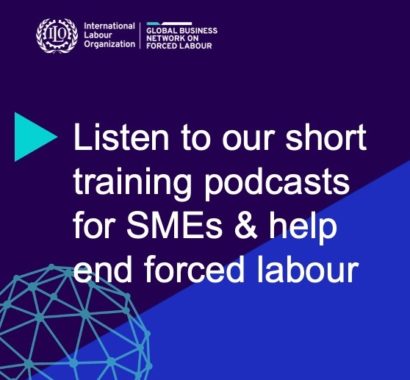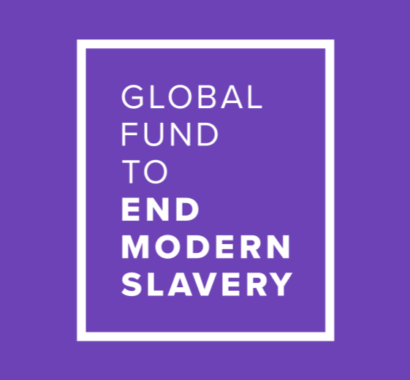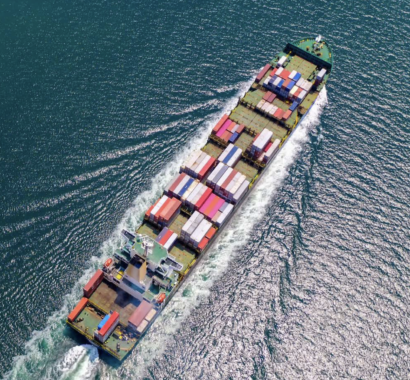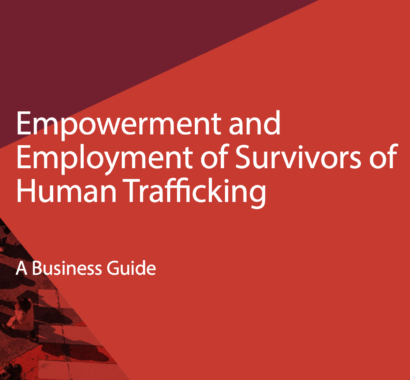2024
SPECIAL PODCAST EPISODE – Malaysia’s rubber industry takes on forced labour.
During the COVID-19 pandemic reports of forced labour in Malaysia's rubber glove industry were rife. Malaysian rubber companies adopted a zero recruitment fee policy and reimbursed migrant workers, making significant progress in combating forced labour in just four years.









